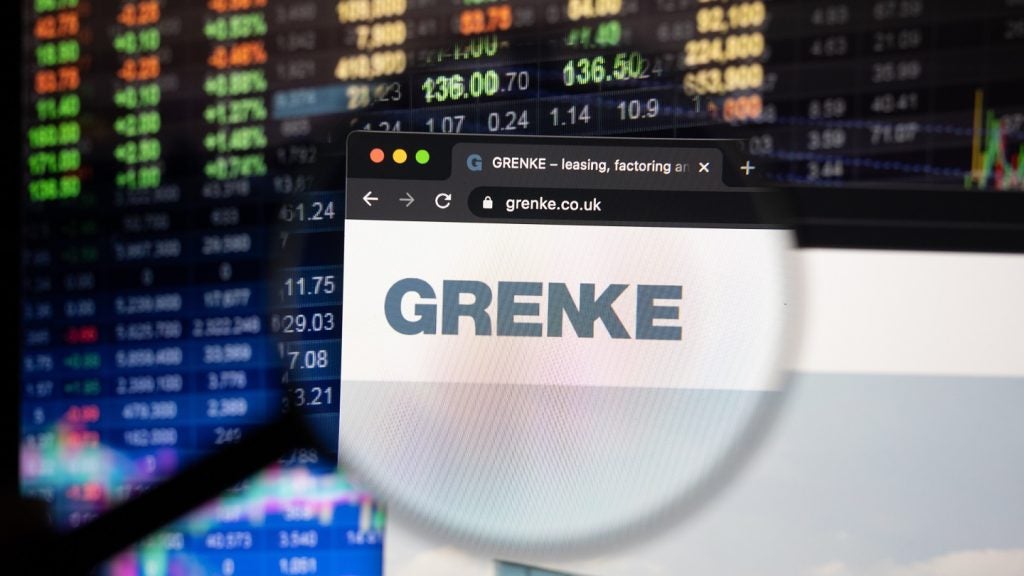The FLA has warned that UK listed
companies could see a sharp rise in the value of their assets and
liabilities if the new lease accounting rules are adopted.
The proposed rules mean that assets and
liabilities would rise on average by £463m, mostly relating to
property leases (£445m), as well as non-property leases (£18m).
Research commissioned by the FLA identifies
the companies and sectors most affected by the changes. Arriva,
British Airways, BT, Cable & Wireless, Easy Jet, First Group,
Go Ahead, TUI, Stagecoach and Vodafone were identified as likely to
experience a rise in the value of their assets and liabilities of
£28bn.
FLA head of asset finance Julian Rose said:
“UK companies need straightforward rules that provide meaningful
and stable information to users of their accounts. The current
proposals need to be redesigned to reflect the insights which this
important new research brings and to avoid acting as a barrier to
leasing which brings real economic benefits to companies and the UK
economy.”
The 10 companies listed classified 93% of
their leased assets as non-property. A substantial part of that
figure refers to access to networks: the national rail network,
stations and track for transport companies, and leased lines for
telecom companies.
The research, conducted by the University of
Winchester, shows that property leases are mostly used by
wholesalers and retailers, and are spread among most sectors.
How well do you really know your competitors?
Access the most comprehensive Company Profiles on the market, powered by GlobalData. Save hours of research. Gain competitive edge.

Thank you!
Your download email will arrive shortly
Not ready to buy yet? Download a free sample
We are confident about the unique quality of our Company Profiles. However, we want you to make the most beneficial decision for your business, so we offer a free sample that you can download by submitting the below form
By GlobalDataThe new rules could lead to companies
switching to owning rather than renting assets, in order to avoid
unexpected changes to accounting measures used by investors
including gearing and profitability.
The FLA is calling for the International
Accounting Standards Board (IASB) to simplify rules.







